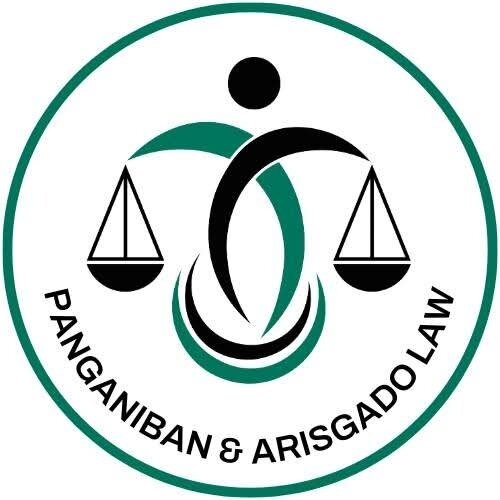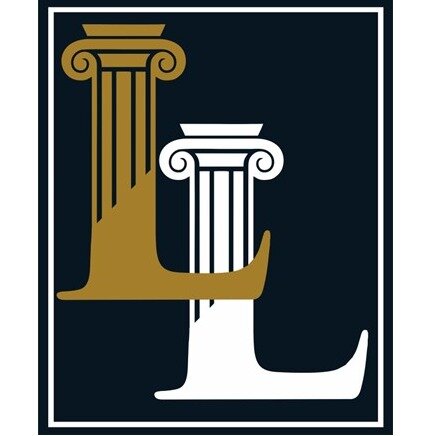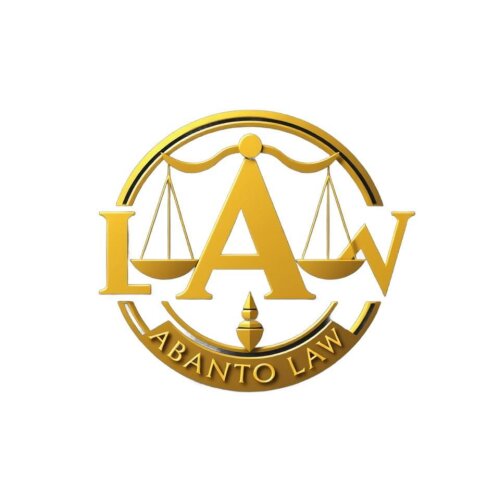Best Discrimination Lawyers in Philippines
Share your needs with us, get contacted by law firms.
Free. Takes 2 min.
Or refine your search by selecting a city:
List of the best lawyers in Philippines
About Discrimination Law in Philippines
Discrimination in the Philippines is an important legal area aimed at ensuring equality, fairness, and justice in various sectors such as employment, education, housing, and access to services. Philippine laws strive to protect individuals from unfair treatment based on characteristics like race, gender, sexual orientation, religion, disability, age, and other status. The Constitution of the Philippines, along with several national laws like the Magna Carta of Women, the Indigenous Peoples’ Rights Act, and the Anti-Age Discrimination in Employment Act, among others, form the core of discrimination laws in the country. These laws are designed to uphold human rights and to create an inclusive society.
Why You May Need a Lawyer
Legal assistance is often crucial in discrimination cases due to the complexity and sensitivity involved. Here are some common situations where a lawyer could be essential:
- Understanding your rights under specific discrimination laws.
- Filing a complaint or lawsuit against an entity or individual for discriminatory practices.
- Seeking compensation for damages caused by discrimination.
- Defending against allegations of discrimination.
- Mediating disputes involving claims of discrimination.
Lawyers specializing in discrimination can guide you through the legal system, interpret relevant laws, and advocate effectively on your behalf.
Local Laws Overview
The legal framework for combating discrimination in the Philippines includes several important laws:
- 1987 Constitution of the Philippines: Ensures equality and prohibits discrimination, providing the foundation for anti-discrimination laws.
- Magna Carta of Women (Republic Act No. 9710): Promotes gender equality and prohibits discrimination against women in various fields.
- Anti-Bullying Act (Republic Act No. 10627): Seeks to prevent and combat discrimination in schools.
- Anti-Sexual Harassment Act (Republic Act No. 7877): Provides measures against sexual harassment in workplaces and educational institutions.
- Indigenous Peoples’ Rights Act (Republic Act No. 8371): Protects the rights of indigenous peoples against discrimination and acknowledges their cultural integrity.
- Anti-Age Discrimination in Employment Act (Republic Act No. 10911): Prohibits age discrimination in employment contexts.
These laws reflect the Philippines’ commitment to preventing discrimination and fostering equality across all facets of society.
Frequently Asked Questions
1. What constitutes discrimination under Philippine law?
Discrimination occurs when individuals are treated unfairly or unequally based on characteristics such as race, gender, age, disability, sexual orientation, or religion.
2. How do I know if I have been discriminated against at work?
Look for signs such as unequal pay, unfair layoffs, denial of promotions, or harassment based on your personal characteristics. Consult a lawyer to assess your situation.
3. What can I do if I face discrimination in the workplace?
You can report the issue to your HR department, file a complaint with the Department of Labor and Employment, or seek legal advice to explore filing a lawsuit.
4. Is sexual orientation protected under Philippine discrimination laws?
While there is no comprehensive national law specifically protecting sexual orientation, various local ordinances and general equality principles provide some degree of protection.
5. How do I file a discrimination lawsuit in the Philippines?
A lawyer can help you gather evidence, file the necessary documentation, and represent you in a lawsuit. Begin by consulting a discrimination lawyer.
6. Are there penalties for entities found guilty of discrimination?
Penalties can include fines, damages to victims, and in some cases, imprisonment or administrative sanctions, depending on the specific law violated.
7. Can religious institutions be exempt from discrimination laws?
Certain exemptions may apply to religious institutions, particularly regarding employment decisions that align with religious doctrines, but they must comply with secular laws where applicable.
8. What is the role of the Commission on Human Rights in discrimination cases?
The Commission on Human Rights can conduct investigations, provide advisory opinions, and assist in mediation to resolve discrimination complaints.
9. Are there specific protections for women against discrimination?
Yes, the Magna Carta of Women provides strong legal protections for women against discrimination in areas like employment, education, and political participation.
10. Can expatriates seek protection under Philippine discrimination laws?
Yes, expatriates in the Philippines are protected under the same discrimination laws and can seek legal remedies if they face discrimination.
Additional Resources
Consider the following resources and organizations for additional information:
- Commission on Human Rights: A body tasked with the protection and promotion of human rights in the Philippines.
- Department of Labor and Employment (DOLE): Handles complaints related to workplace discrimination.
- National Commission on Indigenous Peoples (NCIP): Focuses on the rights of indigenous communities.
- Women's Rights Organizations: Such as Gabriela and Women's Legal Bureau, offering advocacy and legal help for gender-related discrimination.
Next Steps
If you need legal assistance with a discrimination issue, consider the following steps:
- Identify and document the incidents of discrimination, including dates, locations, and involved parties.
- Consult with a lawyer experienced in discrimination law to discuss your case and explore legal options.
- Gather evidence, including witness statements, correspondence, and other relevant documents.
- File a formal complaint with the appropriate agency or pursue a lawsuit if advised by your lawyer.
- Stay informed about your rights and the progresses of your case.
Taking informed legal action can help ensure your rights are protected and that discrimination is addressed appropriately.
Lawzana helps you find the best lawyers and law firms in Philippines through a curated and pre-screened list of qualified legal professionals. Our platform offers rankings and detailed profiles of attorneys and law firms, allowing you to compare based on practice areas, including Discrimination, experience, and client feedback.
Each profile includes a description of the firm's areas of practice, client reviews, team members and partners, year of establishment, spoken languages, office locations, contact information, social media presence, and any published articles or resources. Most firms on our platform speak English and are experienced in both local and international legal matters.
Get a quote from top-rated law firms in Philippines — quickly, securely, and without unnecessary hassle.
Disclaimer:
The information provided on this page is for general informational purposes only and does not constitute legal advice. While we strive to ensure the accuracy and relevance of the content, legal information may change over time, and interpretations of the law can vary. You should always consult with a qualified legal professional for advice specific to your situation.
We disclaim all liability for actions taken or not taken based on the content of this page. If you believe any information is incorrect or outdated, please contact us, and we will review and update it where appropriate.
Browse discrimination law firms by city in Philippines
Refine your search by selecting a city.















